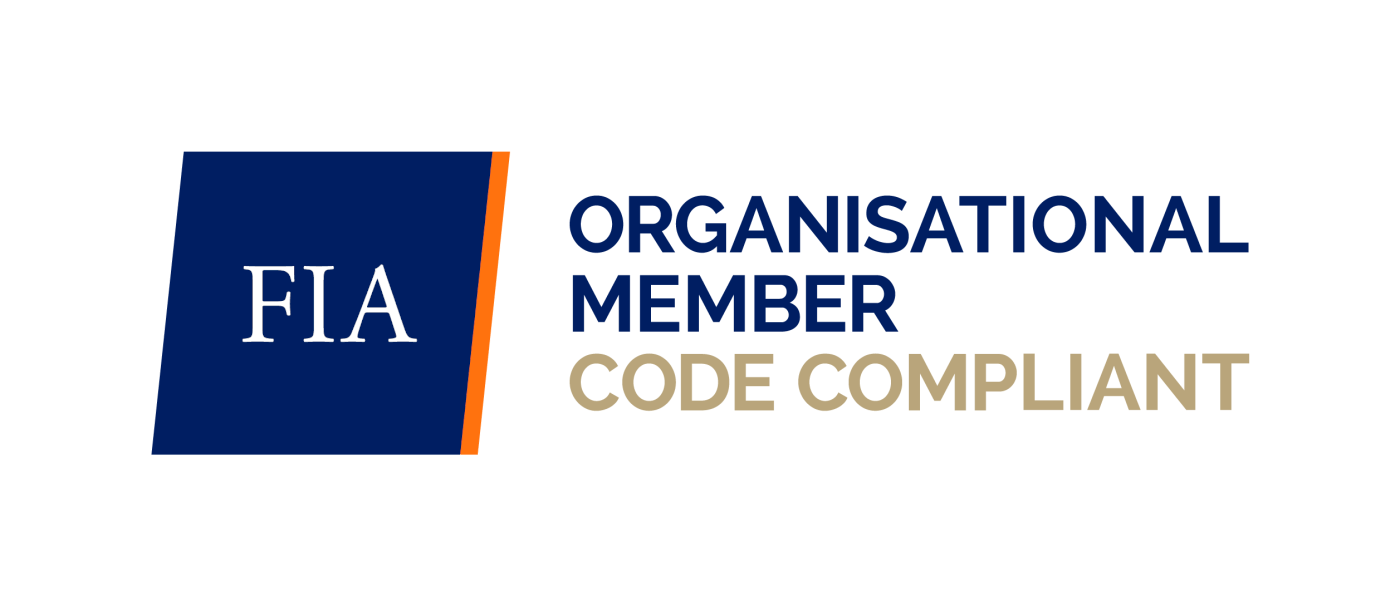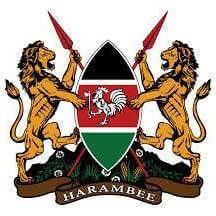Scheduled Review Date: 11/08/2021
Objective
The Rafiki Executive Committee (Committee) aims to ensure that Committee members are aware of obligations to disclose any conflicts of interest that they may have, and to comply with this policy to ensure they effectively manage those conflicts of interest as representatives of Rafiki.
Definition of Conflicts of Interest
A conflict of interest occurs when a person’s personal interests conflict with their responsibility to act in the best interests of the organisation. Personal interests include direct interests as well as those of family, friends, or other charity organisations a person may be involved with or have an interest in (for example, as a shareholder). It also includes a conflict between a Committee member’s duty to Rafiki and another duty that the Committee member has (for example, to another charity organisation). A conflict of interest may be actual, potential or perceived and may be financial or non-financial.
These situations present the risk that a person will make a decision based on, or affected by, these influences, rather than in the best interests of Rafiki and must be managed accordingly.
Responsibility of the Executive Committee
The Committee is responsible for establishing a system for identifying, disclosing and managing conflicts of interest across the charity.
The charity must ensure that its Committee members are aware of the ACNC governance standards, particularly governance standard 5, and that they disclose any actual or perceived material conflicts of interests as required by governance standard 5.
Identification and disclosure of conflicts of interest
Once an actual, potential or perceived conflict of interest is identified, it must be entered into Rafiki’s register of interests, as well as being raised with the Committee. Where all of the other Committee members share a conflict, the Committee should refer to governance standard 5 to ensure that proper disclosure occurs. The register of interests must be maintained by the Chief Executive Officer or delegate, and information related to a conflict of interest recorded (including the nature and extent of the conflict of interest and any steps taken to address it).
Conflicts of Interest of Executive Committee Members
Once the conflict of interest has been appropriately disclosed, the Committee (excluding the Committee member disclosing and any other conflicted Committee member) must decide whether or not those conflicted Committee members should:
- vote on the matter (this is a minimum),
- participate in any debate, or
- be present in the room during the debate and the voting.
In exceptional circumstances, such as where a conflict is very significant or likely to prevent a Board member from regularly participating in discussions, it may be worth the Committee considering whether it is appropriate for the person conflicted to resign from the Committee.
Conflict of Interest Action Considerations
In deciding what approach to take, the Committee will consider:
- whether the conflict needs to be avoided or simply documented
- whether the conflict will realistically impair the disclosing person’s capacity to impartially participate in decision-making
- alternative options to avoid the conflict
- the charity’s objects and resources, and
- the possibility of creating an appearance of improper conduct that might impair confidence in, or the reputation of, the charity.
The approval of any action requires the agreement of at least a majority of the Committee (excluding any conflicted Committee member/s) who are present and voting at the meeting. The action and result of the voting will be recorded in the minutes of the meeting and in the register of interests.
Compliance with this policy
If the Committee has a reason to believe that a person subject to the policy has failed to comply with it, it will investigate the circumstances.
If a person suspects that a Committee member has failed to disclose a conflict of interest, they must discuss with the person in question and notify the Board.
If it is found that this person has failed to disclose a conflict of interest, the Committee may take action against them. This may include seeking to terminate their relationship with the organisation.
Review
This procedure will be reviewed by the Executive Committee annually or more frequently if required.
Responsibilities
The Rafiki Executive Committee, under the leadership of the Chief Executive Officer, is responsible for monitoring the implementation of this procedure in conjunction with the Conflict of Interest Policy.





